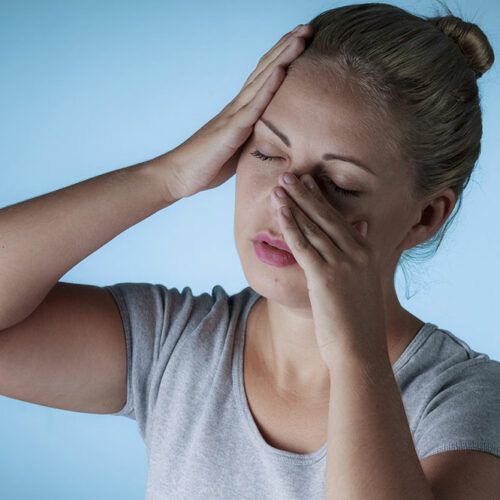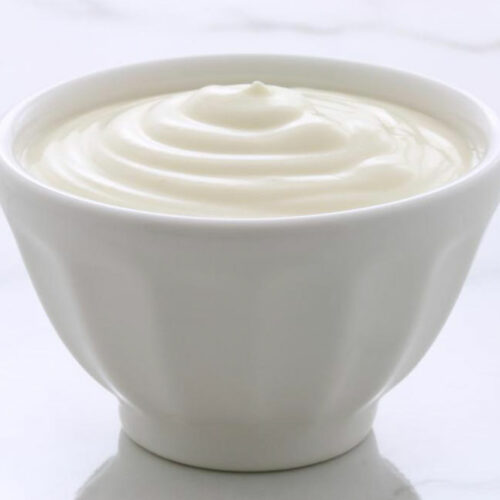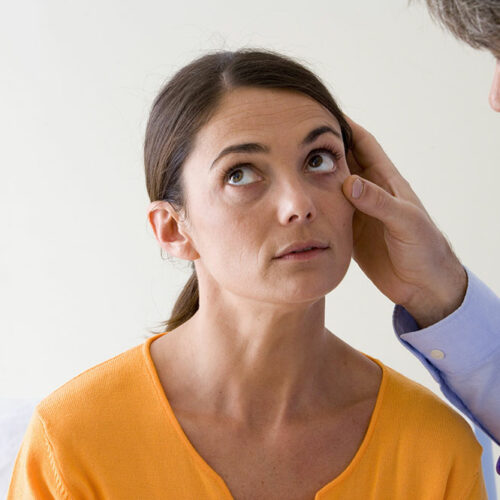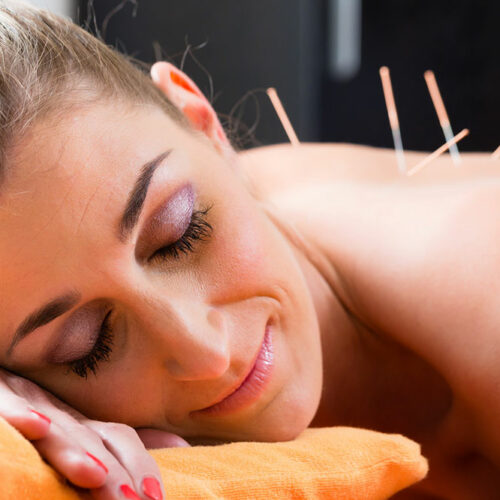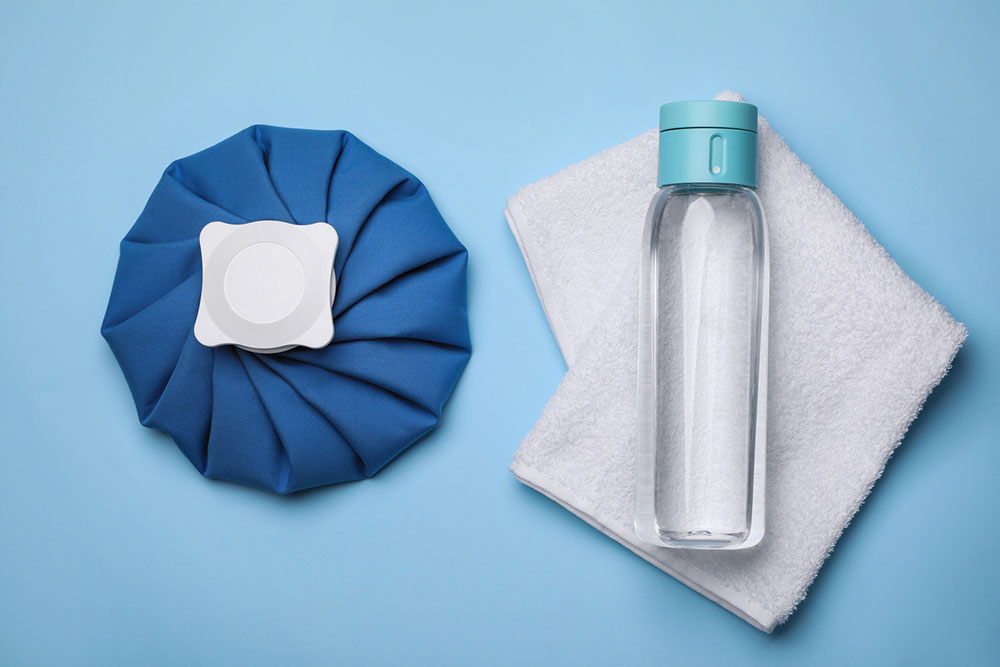Strengthening your immune system at home

Our immune system consists of chemicals, cells, and special organs, which give the body the strength to fight infections. The stronger your immune system, the healthier you are. The major components of the immune system are the lymphatic system, the complement system, spleen, white blood cells, thymus, and the bone marrow. You must try to lead a healthy and disciplined lifestyle so that your immune system remains strong, and your body keeps all the diseases of different kinds at bay. How to strengthen your immune system at home? Maintain a healthy sleep cycle Regular sleep of seven to nine hours is the key to leading a healthy life. It is one of the most basic lessons taught to an individual in childhood. A lot of people fail to realize this and, sometimes, disrupt this cycle without understanding that it can lead to severe health problems. Some people stay up till 4 o’clock in the morning so that they can finish binge-watching all the episodes of the new series. Such habits must change, and you must go to bed at a fixed time and sleep soundly for several hours before you get up in the morning and discover what the day has in store for you.
